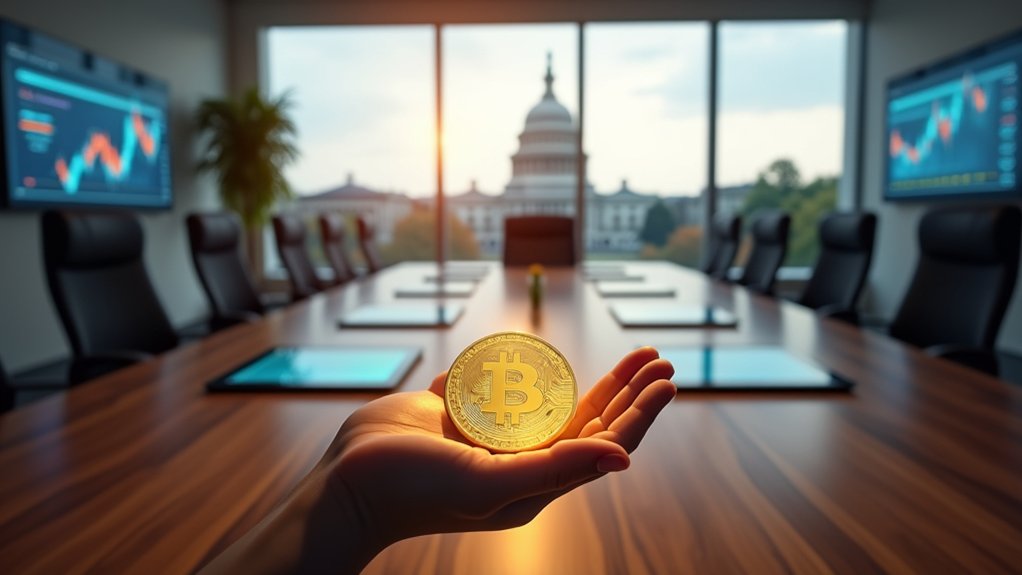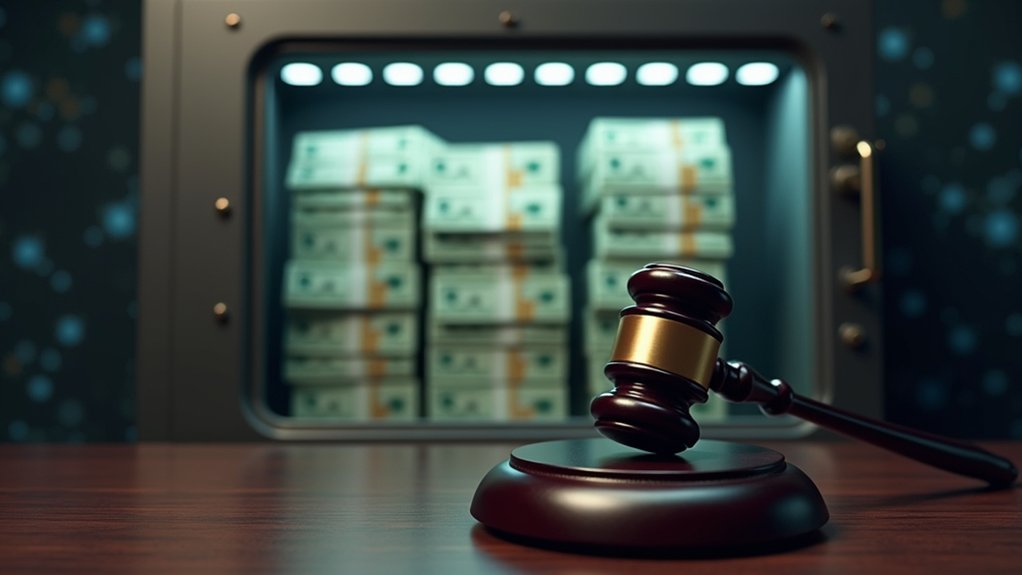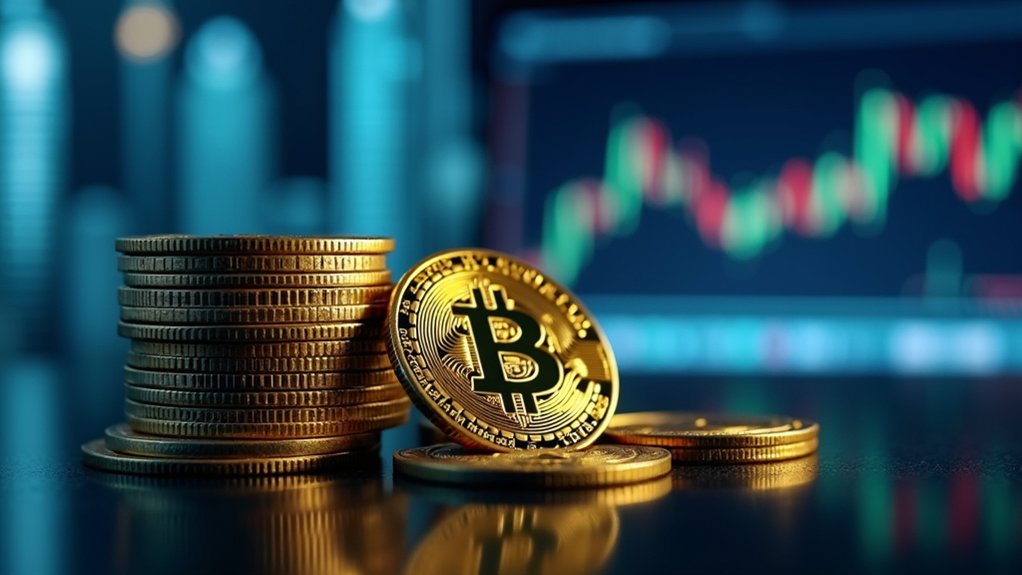How transformative can a legislative act truly be when it is heralded as the panacea for the cryptocurrency industry’s regulatory chaos? The GENIUS Act, touted as the first significant stride in cryptocurrency regulation, aims to impose order on the notoriously unruly stablecoin industry—a $250 billion behemoth begging for clarity. Yet, one must question whether this framework genuinely resolves inherent ambiguities or simply repackages bureaucratic platitudes as consumer protection. By ostensibly providing transparency in reserves and operational mandates, the legislation promises institutional investors a semblance of confidence, though skeptics might argue it merely codifies the status quo under a veneer of innovation. This development comes amidst a broader global trend where 73% of countries have implemented specific cryptocurrency regulations, underscoring an international push for regulatory clarity.
The bipartisan support, marked by a decisive Senate vote and a House majority crossing party lines, reflects political theater as much as regulatory progress. The presence of Coinbase CEO Brian Armstrong and Circle CEO Jeremy Allaire at the White House signing ceremony underscores vested interests enthusiastic to capitalize on this newfound “regulatory clarity.” President Trump’s endorsement attempts to elevate the bill as a landmark, yet the legislative compromise that quelled conservative dissent hints at concessions that could dilute regulatory rigor.
In reality, the GENIUS Act’s insistence on fostering innovation while enforcing compliance places companies in a paradoxical bind—stimulating growth yet shackling agility under ever-watchful legal eyes. The act’s ambition to position the U.S. as a global digital asset leader risks becoming a hollow boast if regulatory frameworks fail to evolve with the technology they govern. For all its fanfare, the GENIUS Act might simply be the opening act in a protracted saga of regulatory catch-up, where the stablecoin industry’s true test lies not in legislative proclamations but in the relentless scrutiny of execution and enforcement, especially given the challenges governments face in regulating peer-to-peer cryptocurrency transactions.









